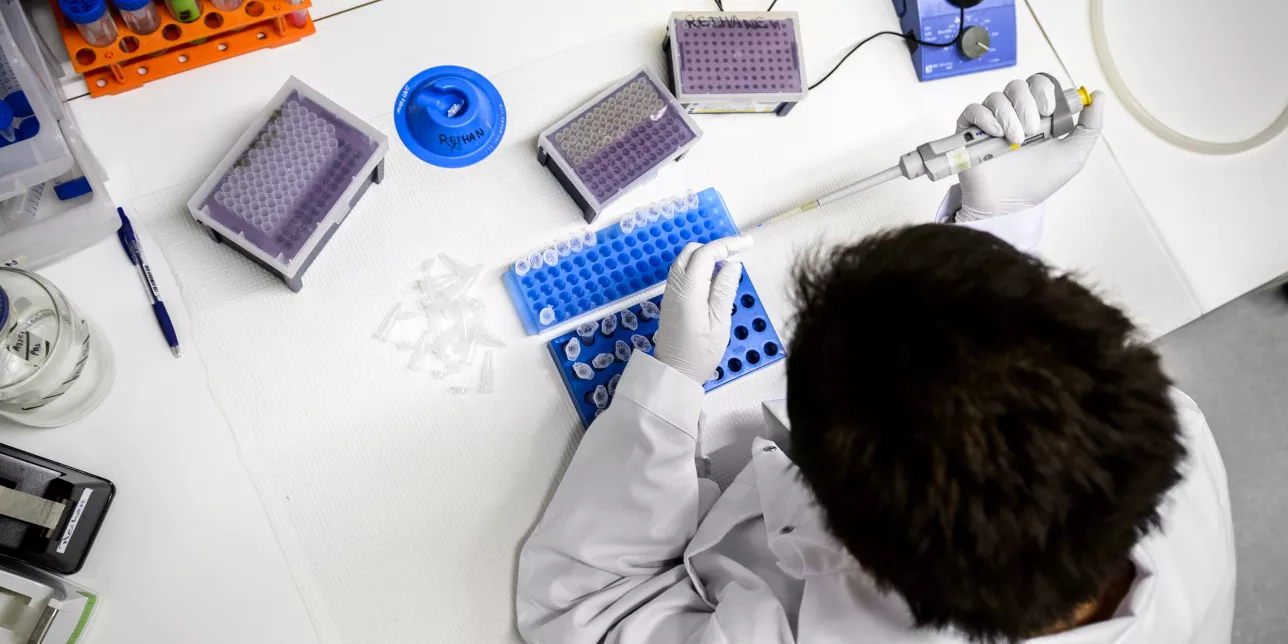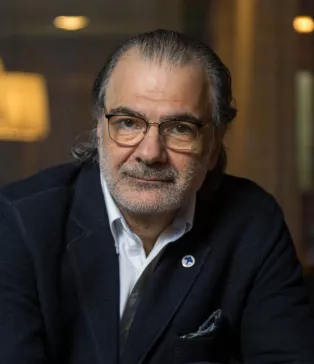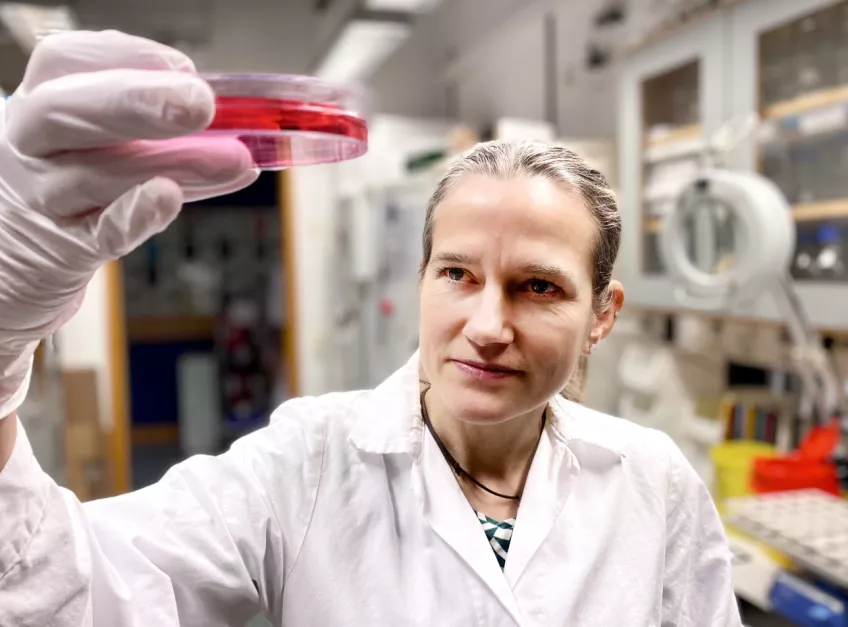Academic research has grown more interdisciplinary in recent years as researchers work to address complex global challenges that require solutions from various disciplines. This is true when it comes to solving human health issues and developing new, innovative technologies and treatments with the potential to cure and treat patients.
At Lund University in Sweden, interdisciplinary research is being promoted, and collaborations between medicine, health, and other disciplines are strengthened through a new seed-funding initiative. This initiative aims to unite researchers from several faculties and strategic research areas from across the institution in an effort to encourage cross-disciplinary collaboration and support new research ideas with the potential to benefit society.
Among the three projects selected to receive SEK 2 million in seed funding, two aim to modernize biomedical research by using stem cells to develop patient-specific disease models.
"Brain-on-Chip": studying human brain disorders in a dish
By uniting cutting-edge neuroscience, medicine, and biotechnology research, Professors Zaal Kokaia and Johan Bengzon, researchers at Lund Stem Cell Center, along with Professor Thomas Laurell, a researcher at NanoLund and MultiPark, aim to tackle the second most common cause of death and a leading cause of disability worldwide—stroke.
"We aim to develop a new human stroke model mimicking the ischemic stroke process in human brain tissue in the lab. This model will enable researchers to conduct regenerative and plasticity studies that closely resemble a human stroke for the first time," highlighted Zaal Kokaia, professor of neurology at Lund University.
A stroke is most often caused by a blood clot that stops the blood supply to the brain, leading to the death of brain cells. Unfortunately, no therapy is currently available to assist stroke victims in regaining lost cognitive and physical abilities.
"While we and others have shown that stem cells and reprogrammed cells of human origin can improve function after transplantation in animal models of stroke, clinical trials with stem cell transplantation in stroke patients performed so far have shown only minor improvements. One reason for this may be attributed to the fact that all preclinical studies with human-derived cells are carried out in animal models," explained Zaal Kokaia.
For this reason, the interdisciplinary research team plans to develop an entirely new model for studying human brain disorders in a dish, which they have called "Brain-on-Chip." Organs-on-chips are typically microfluidic devices where engineered or natural miniature tissues derived from various organs are grown inside miniaturized fluid channels.
These microdevices, combined with stem cell technologies such as induced pluripotent stem cells (iPSCs), have the potential to provide insights into normal human organ function and disease mechanisms and inform the drug discovery process. Their "Brain-on-Chip" model could open new avenues for translational research to validate future cell therapies that preserve and restore function in stroke patients.
Stem cells as disease-in-a-dish models
Another innovative technique called “disease-in-a-dish” uses a patient’s own cells to create a model which can replicate diseases outside the human body, offering a personalized platform to better study and test new treatment options.
In this interdisciplinary project, Allan Vaag, professor of translational diabetes research at EXIODAB and the Lund University Diabetes Center, in collaboration with Professor Anna Falk from the Lund Stem Cell Center as well as other researchers from EpiHealth and NanoLund, will employ disease-in-a-dish model technology. Together, they will use fetal programming of stem cells in complex disorders with multiorgan involvement.
"Currently, induced pluripotent stem cell (iPSC)-derived models are mostly used for very specific disorders where only one organ, or usually very specific cell types in the organ, is created for the model. In this project, we plan to use iPSC from patients to create cellular models of complex disorders where several organs are involved," concluded Anna Falk, professor of neuroscience at Lund University.




